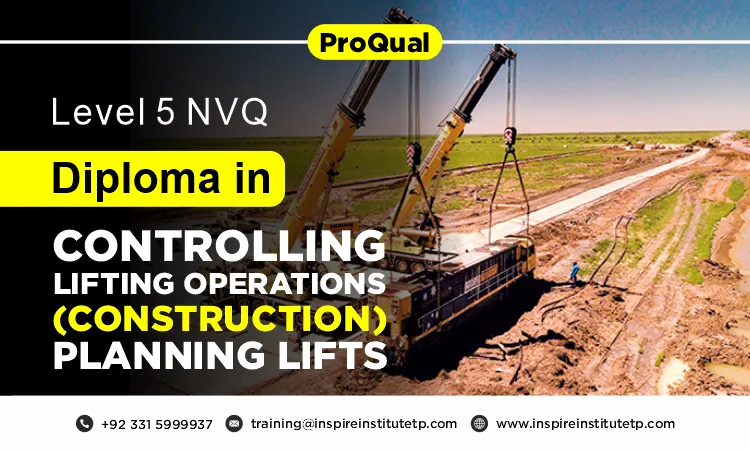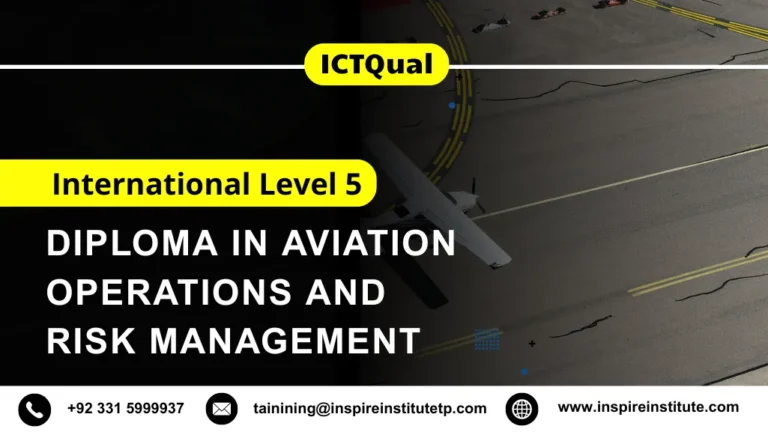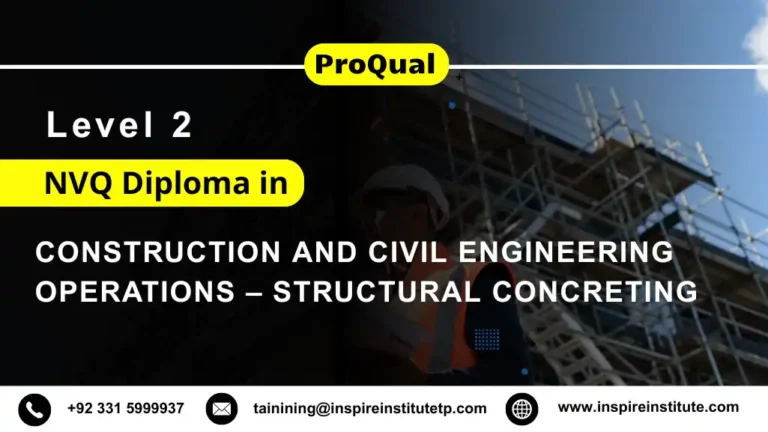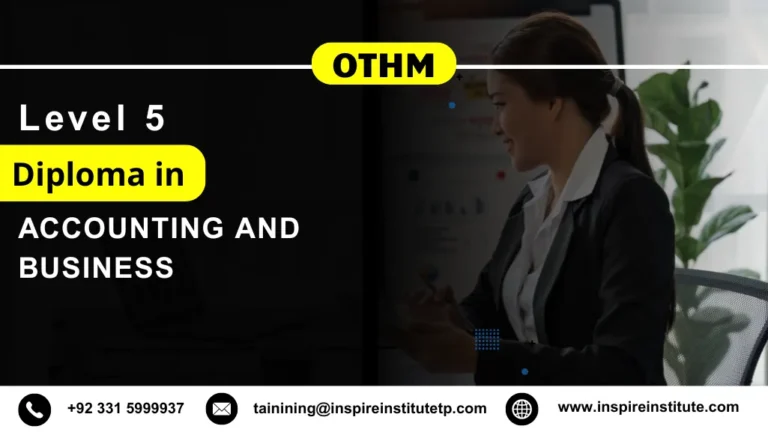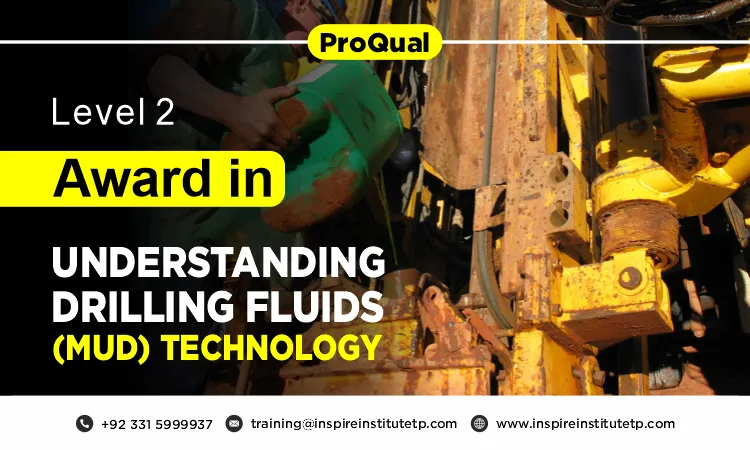ProQual Level 5 NVQ Diploma in Controlling Lifting Operations (Construction) – Planning Lifts
The ProQual Level 5 NVQ Diploma in Controlling Lifting Operations (Construction) – Planning Lifts is a specialized qualification designed for professionals seeking to enhance their expertise in managing lifting operations within the construction industry. This diploma is tailored for individuals who aspire to take on supervisory or managerial roles focused on the safe and efficient execution of lifting activities. The course provides an in-depth understanding of the principles and practices necessary for effective lift planning. Participants will explore essential topics such as risk assessment, selection of appropriate lifting equipment, and the legal and regulatory requirements governing lifting operations. The curriculum emphasizes the importance of safety and compliance, equipping candidates with the skills to identify potential hazards and implement effective control measures. The ProQual Level 5 NVQ Diploma is ideal for a range of professionals, including site managers, lifting supervisors, and experienced operatives looking to formalize their skills. By completing this diploma, candidates will not only enhance their qualifications but also position themselves for career advancement within the construction sector. The ProQual Level 5 NVQ Diploma in Controlling Lifting Operations (Construction) – Planning Lifts equips professionals with the necessary tools to manage lifting activities safely and effectively. This qualification not only contributes to improved workplace safety and compliance but also enhances employability in a critical area of the construction industry. Participants can expect to emerge from this course as confident leaders capable of ensuring the success of lifting operations in diverse construction environments.
Why Choose this Qualification
Choosing the ProQual Level 5 NVQ Diploma in Controlling Lifting Operations (Construction) – Planning Lifts is a strategic decision for professionals in the construction industry. This qualification is specifically designed to enhance your expertise in planning and executing lifting operations safely and effectively.
One of the primary reasons to pursue this diploma is its comprehensive curriculum, which covers all essential aspects of lifting operations. You will gain in-depth knowledge of the planning process, risk assessment, and the safe use of lifting equipment. This expertise is critical in minimizing accidents and ensuring compliance with industry regulations.
The qualification is recognized within the construction sector, enhancing your professional credibility. By obtaining this diploma, you demonstrate your commitment to safety and operational excellence, which can significantly boost your employability and career advancement prospects.
The ProQual Level 5 NVQ Diploma in Controlling Lifting Operations (Construction) – Planning Lifts equips you with essential skills, enhances your career prospects, and prepares you to meet the demands of modern construction environments. Choosing this qualification is a significant step toward achieving your professional goals in a critical area of construction operations.
Course Overview
Ofqual Regulated Qualification
Course Level: Level 5
Average Completion Time:
6-18 Months
Mandatory Units: Complete All Mandatory Units
Evidence & Assignment Based
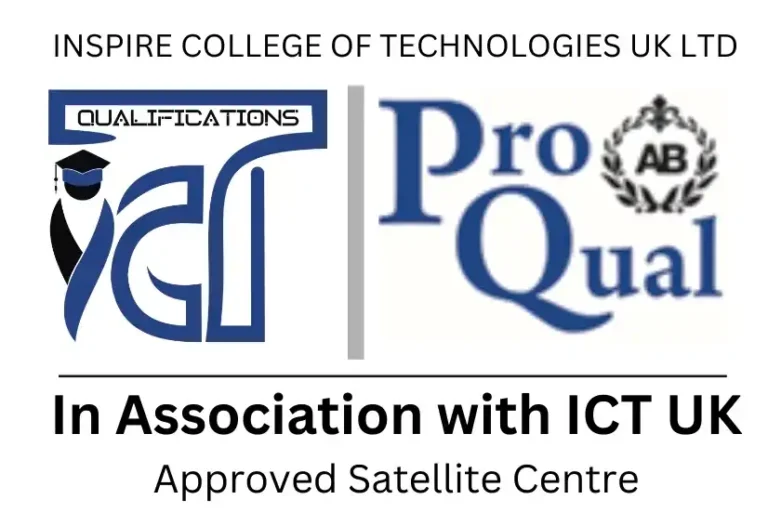
Inspire Institute of Technologies is Approved Satellite Centre of ProQual
Qualification Structure
The ProQual Level 5 NVQ Diploma in Controlling Lifting Operations (Construction) – Planning Lifts, to achieve the qualification candidates must complete ALL of the Mandatory units.
Mandatory Units
| Unit Title | Unit Level | GLH |
| Developing and maintaining good working relationships in the workplace | 3 | 27 |
| Planning lifting activities in the workplace | 5 | 120 |
| Planning and establishing safety, health, welfare and environmental systems for lifting operations in the workplace | 5 | 110 |
| Planning work activities and resources to meet project requirements in the workplace | 4 | 50 |
| Evaluating and confirming work methods in the workplace | 7 | 30 |
| Planning the preparation of the site for the project in the workplace | 7 | 50 |
| Identifying, allocating and planning the deployment and use of plant, equipment or machinery in the workplace | 6 | 20 |
Who Should Take This Course
The ProQual Level 5 NVQ Diploma in Controlling Lifting Operations (Construction) – Planning Lifts is designed for a range of professionals in the fire safety, construction, and building management sectors. Here’s a closer look at who would benefit from this qualification:
- Construction Managers: Professionals overseeing construction projects who need to ensure safe and efficient lifting operations.
- Site Supervisors: Individuals responsible for managing site activities and ensuring compliance with lifting regulations.
- Lifting Operations Coordinators: Those directly involved in planning and coordinating lifting operations on construction sites.
- Health and Safety Officers: Professionals focused on maintaining safety standards in construction, seeking specialized knowledge in lifting operations.
- Crane Operators and Riggers: Individuals looking to formalize their skills and gain a recognized qualification in lifting operations planning.
- Aspiring Construction Professionals: Those aiming to enter the construction industry with a focus on lifting operations and safety management.
- Quality Assurance Professionals: Individuals responsible for ensuring quality and safety in construction processes, particularly in lifting operations.
This diploma is suitable for a wide range of professionals within the construction sector who are involved in or aspiring to specialize in lifting operations.
Course Benefits
The ProQual Level 5 NVQ Diploma in Controlling Lifting Operations (Construction) – Planning Lifts offers numerous advantages for professionals in the construction industry. Here are the key benefits:
- Enhanced Safety Knowledge: Gain a thorough understanding of safety protocols and risk assessment procedures specific to lifting operations, ensuring compliance and minimizing accidents on site.
- Industry Recognition: This qualification is widely recognized within the construction sector, elevating your professional credibility and demonstrating your expertise in planning lifts.
- Career Advancement: Holding this diploma can lead to increased job opportunities and promotions, positioning you for higher-level roles such as lifting operations manager or construction project manager.
- Practical Skills Development: The course emphasizes hands-on learning, equipping you with the practical skills needed to plan and execute lifting operations effectively in real-world scenarios.
- Improved Employability: With this qualification, you become a more attractive candidate to employers, as it signifies your commitment to safety and operational excellence.
- Networking Opportunities: Engage with industry professionals and peers, fostering connections that can lead to collaborative opportunities and further career growth.
- Comprehensive Curriculum: The diploma covers a wide range of topics, including lifting equipment selection, load assessment, and planning procedures, providing a holistic understanding of the lifting process.
The ProQual Level 5 NVQ Diploma in Controlling Lifting Operations (Construction) – Planning Lifts not only enhances your knowledge and skills but also improves your career prospects, making it a valuable investment in your professional development within the construction industry.
Eligibility Criteria
By ensuring these steps are taken, candidates can better prepare for the qualification and maximize their learning experience.
Relevant Experience: Applicants should have substantial experience in the construction industry, particularly in roles related to lifting operations, site management, or supervisory positions.
Existing Qualifications: While specific formal qualifications are not mandatory, having a Level 4 qualification in a related field, such as construction management or health and safety, is advantageous.
Understanding of Health and Safety: Candidates should demonstrate a solid understanding of health and safety regulations as they pertain to lifting operations.
Employer Support: A letter of support or endorsement from an employer or supervisor is often required, confirming the applicant’s current role and suitability for the course.
Assessment Readiness: Candidates must be prepared to undergo assessments that evaluate both their theoretical knowledge and practical skills related to lifting operations
The Qualification Process
Here is a step-by-step guide to help you understand the entire journey from pre-registration to certification:
- Self-Assessment:
Begin by evaluating your eligibility for the course. Ensure you meet the entry requirements, such as relevant qualifications or professional experience, as outlined for the program. - Registration:
Complete your registration by submitting the required documents, including a scanned copy of a valid ID, and pay the necessary registration fee. This is your first official step in the qualification process. - Induction:
An assessor will conduct an induction session to verify your eligibility and introduce you to the evidence requirements. During this stage:- If the assessor finds that you meet all the necessary criteria, you will proceed to the next step.
- If you do not meet the entry requirements, your registration will be canceled, and your fee will be refunded.
- Evidence Submission:
Based on the assessment criteria, you will need to submit evidence demonstrating your knowledge and competence. Consult with your assessor if you need clarification on the type and nature of the evidence required. This evidence could include assignments, projects, case studies, or professional experiences related to sustainability management. - Feedback and Revision:
The assessor will review your submitted evidence and provide feedback. Evidence that meets the required criteria will be marked as “criteria met.” If there are any gaps, the assessor will highlight them, and you will need to address those gaps by revising and resubmitting the evidence. - Competence Evidence:
Submit your final evidence demonstrating that you have successfully achieved all the learning outcomes. The assessor will mark your submission as “Criteria met” once everything is up to standard. - Internal Quality Assurance (IQA):
After your evidence is approved by the assessor, the Internal Quality Assurance Verifier (IQA) will review it to ensure that the assessment was carried out consistently and according to ProQual standards. - External Verification:
The IQA then presents your portfolio to ProQual External Quality Assurance Verifiers (EQA) for final confirmation. The EQA may contact you directly to verify the authenticity of your evidence. - Certification:
Once all internal and external checks are completed to satisfaction, ProQual will issue your official certificate, confirming that you have successfully achieved the qualification.
This comprehensive process ensures that learners demonstrate all necessary competencies and meet the high standards required for the ProQual Level 5 NVQ Diploma in Controlling Lifting Operations (Construction) – Planning Lifts

